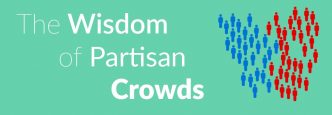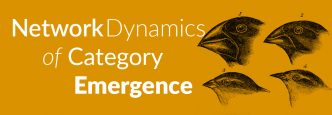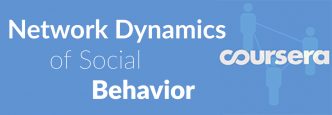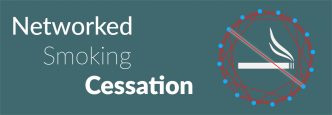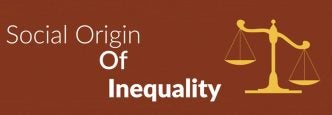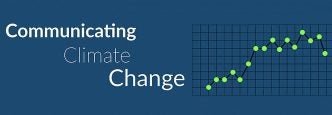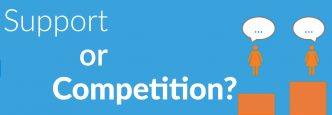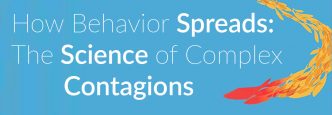
How Behavior Spreads: The Science of Complex Contagions
In How Behavior Spreads, Damon Centola presents over a decade of original research examining how changes in societal behavior–in voting, health, technology, and finance—occur and the ways social networks can be used to influence how they propagate.

